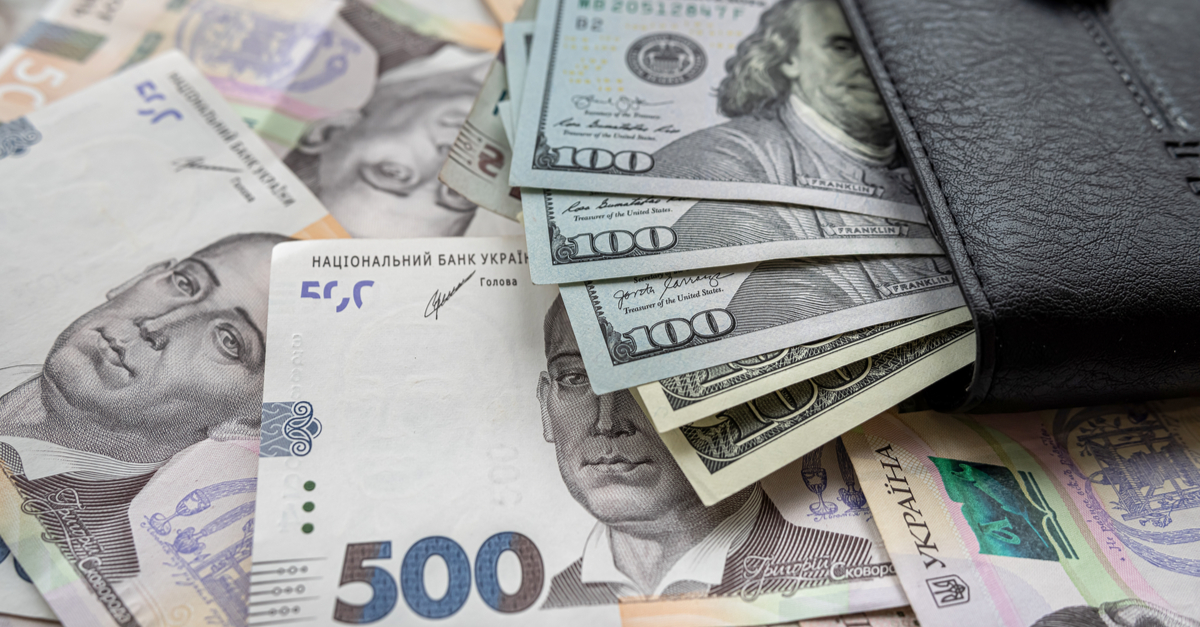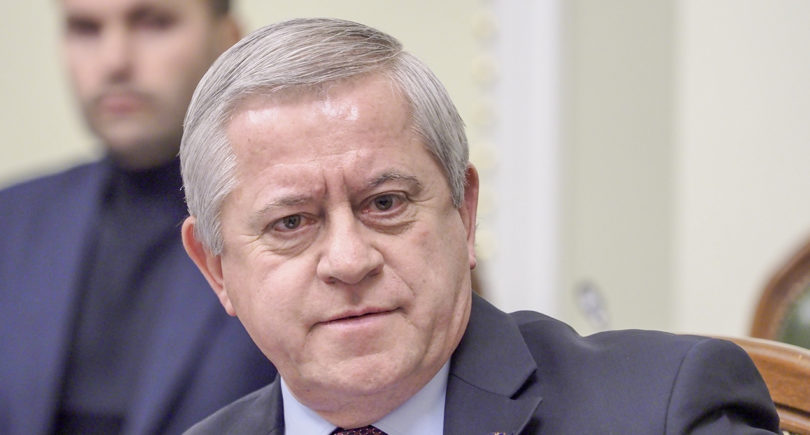
Opinions State macroeconomics 886 21 July 2022
Business supported the decision of the regulator
The National Bank raised the official hryvnia exchange rate by 25% to UAH 36.56/USD, thus eliminating the gap between the market exchange rate and the fixed exchange rate for businesses engaged in foreign economic activity.
On this difference, exporters lost millions of hryvnia profits. For example, having sold goods for $10,000 at the previously fixed rate of UAH 29.25, the entrepreneur would have to replenish his budget by this amount. However, the real value of the dollar fluctuated between UAH 36.7-37, which means that the expected profit of $10 thousand turned into $8.5 thousand.
The larger the contract amount, the greater the loss.
This was painfully felt not only by large companies, but also by individual entrepreneurs serving foreign orders.
Earlier, the tax authorities came to the conclusion that the amount of the negative exchange rate difference that arose from the sale of foreign exchange earnings on the interbank market is not included in expenses.
This placed in unequal conditions businesses that had foreign orders or exported to the foreign market, and increased the deficit of their budgets and working capital.
Such a move by the NBU will strengthen the competitiveness of Ukrainian producers, support exporters, in particular agricultural producers and companies in the mining and metals complex. After all, commodity prices in the EU and in other countries of the world are falling.
Wheat quotes on world markets continue to decline, the same applies to steel and iron ore.
Production in the mining and metals sector fell by 53% due to the war, farmers will harvest 30% less crop. At the same time, the cost of logistics has increased by 2-3 times, which brings many manufacturers beyond the margin of profitability.
This is emphasized in the Ukrainian Union of Industrialists and Entrepreneurs (UUIE). Business welcomed the regulator’s decision and noted that the NBU is starting to delve deeper into the issue of not only curbing inflation, but also developing the economy.
Previously, UUIE and the Anti-Crisis Headquarters for Assistance to Industry and Business operating under its auspices have repeatedly drawn the attention of partners from the National Bank to the need to equalize the positions of the real and official exchange rates.
Disproportions in the foreign exchange market caused significant losses not only to exporters, but also to the financial institutions themselves. Even earlier, PrivatBank and Oschadbank raised the dollar exchange rate for non-cash payments. They had such an opportunity 1.5 months ago, but it was aimed at the settlements of individuals. The exchange rate difference led to the emergence of a number of schemes, including the well-known card tourism to the EU countries.
It is pleasant that our efforts to intensify the dialogue with the National Bank have already brought the first positive results. In addition to adjusting the exchange rate, we are talking about increasing the terms for the return of foreign exchange earnings by exporters from 120 to 180 days (we will still work on their targeted increase). It should be understood that the task of the regulator is to maximize the promotion of the work of the national economy. These are the steps that business expected. I hope this collaboration will continue.





